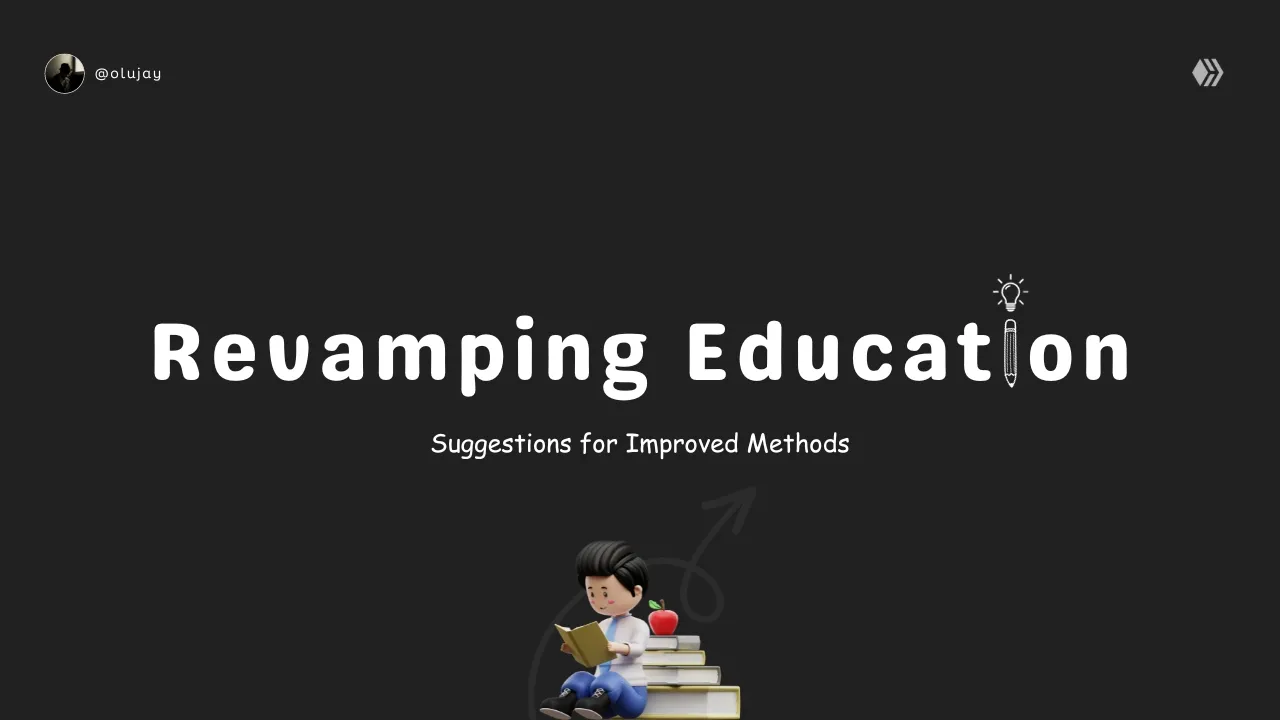The world is changing, and so are many things changing along with it. The education system that we have in most places seems to be stuck in a time loop, and what we have now is relatively the same as what we had many decades ago. Nothing much has improved. Transforming the method of assessment into something more effective can drive it towards truly fulfilling its purpose.

In my final year, something happened to me. It was an accumulation of mental fatigue over the years, but it only became more apparent when it was time to take the final examinations. I got tired of studying and memorising for examinations. It all felt mundane and monotonous, as I had been doing that all my life, and I was beginning to see that the real world was never really reflected accurately and adequately in academics. I lost the zeal and had a very different result than I would normally get.
I have myself to blame for not pushing as hard as I should, but the discussion today is geared towards just how rote academics are these days. Reality is more than attending classes, reading arcaic notes, and performing relatively redundant assignments that lead nowhere.
It is not all a scam—academics, I mean—but let's all face the truth: the majority of people who are successful now have to put in a whole lot more work and go through entirely new learning processes to get to where they are. There's a dire need for transformation in the academic systems we have today.
Eliminating Standardized Tests
When we have students doing tests that do not encourage creativity, it becomes an issue to provide efficient solutions and solve real-world problems when they leave. What use is it, then, if we keep having tests and examinations that only make students think linearly? The world as we have it is not exactly linear, and the things we encounter every now and then often require good creative and logical thinking to navigate.
The truth of the matter is this: standardising testing often leads to a narrowed curriculum and overemphasises mindless memorization. And that doesn't accurately reflect students' overall capabilities. Eliminating it would help ease the internal pressure on students, giving them room to focus more on understanding the concepts that they are taught and developing the necessary skills.
Implementing Project-Based Assessment
Rather than relying solely on examinations, the integration of project-based assessment would do a whole lot more to encourage students to develop problem-solving skills that would be useful in the real world.
Some schools seem inclined towards this approach. In my days at the university and all through the five levels of studying in the department of mechatronics engineering, I was engaged in one project after another. The projects assigned to me pushed me to learn more, exploring applications in industries and everyday lives. It could be extended to many other areas of academics as well. This approach not only helps to assess the knowledge of students but also their ability to apply it in practical situations.
There are a myriad of things that could be taken away and replaced by more efficient and effective ones that are more viable for developing students. Amongst them, to mention a few, would be to eliminate standardised testing and implement project-based assessment. These alone could do something to bring the academic system to higher feats in developing students.